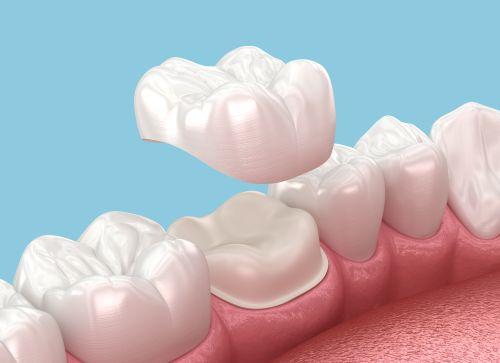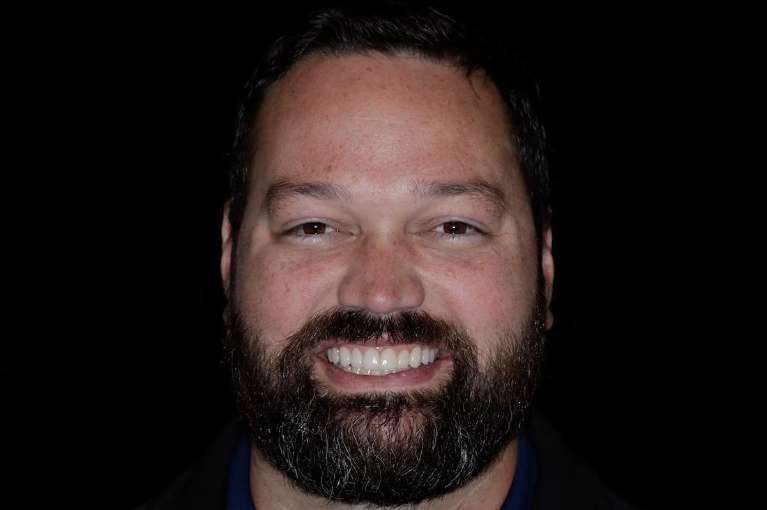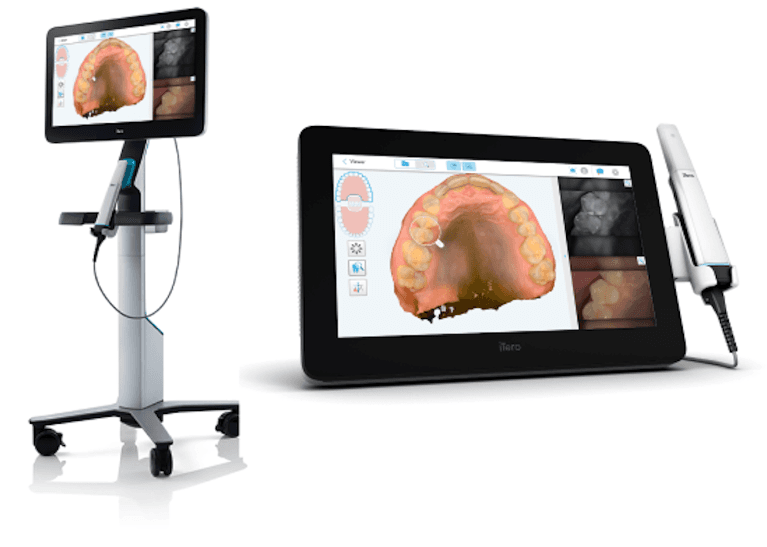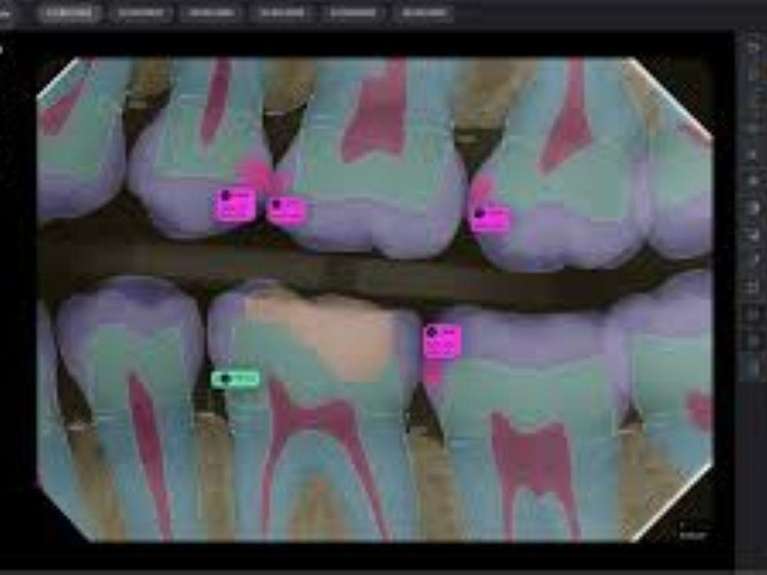What Is a Dental Crown in Cary?

A dental crown is a customized cap that fits over your entire tooth, restoring its shape, size, and strength while preventing extraction. A dental crown keeps your other teeth from shifting and restores your bite alignment.
We use dental crowns when you have:
- A large filling
- Severe decay
- A root canal
- A broken or chipped tooth
- Cosmetic stains or misshapen teeth
What Is a Dental Bridge?
A dental bridge replaces one or more missing teeth, filling the gaps in your smile. A traditional bridge is anchored by your adjacent teeth on either side, effectively “bridging the gap” left by missing teeth.
An implant-supported bridge doesn’t rely on neighboring teeth for support; instead, the bridge is attached to dental implants that are surgically placed into your jawbone. Implant-supported bridges work well when you have several missing teeth, providing excellent stability and preserving your jawbone health.









